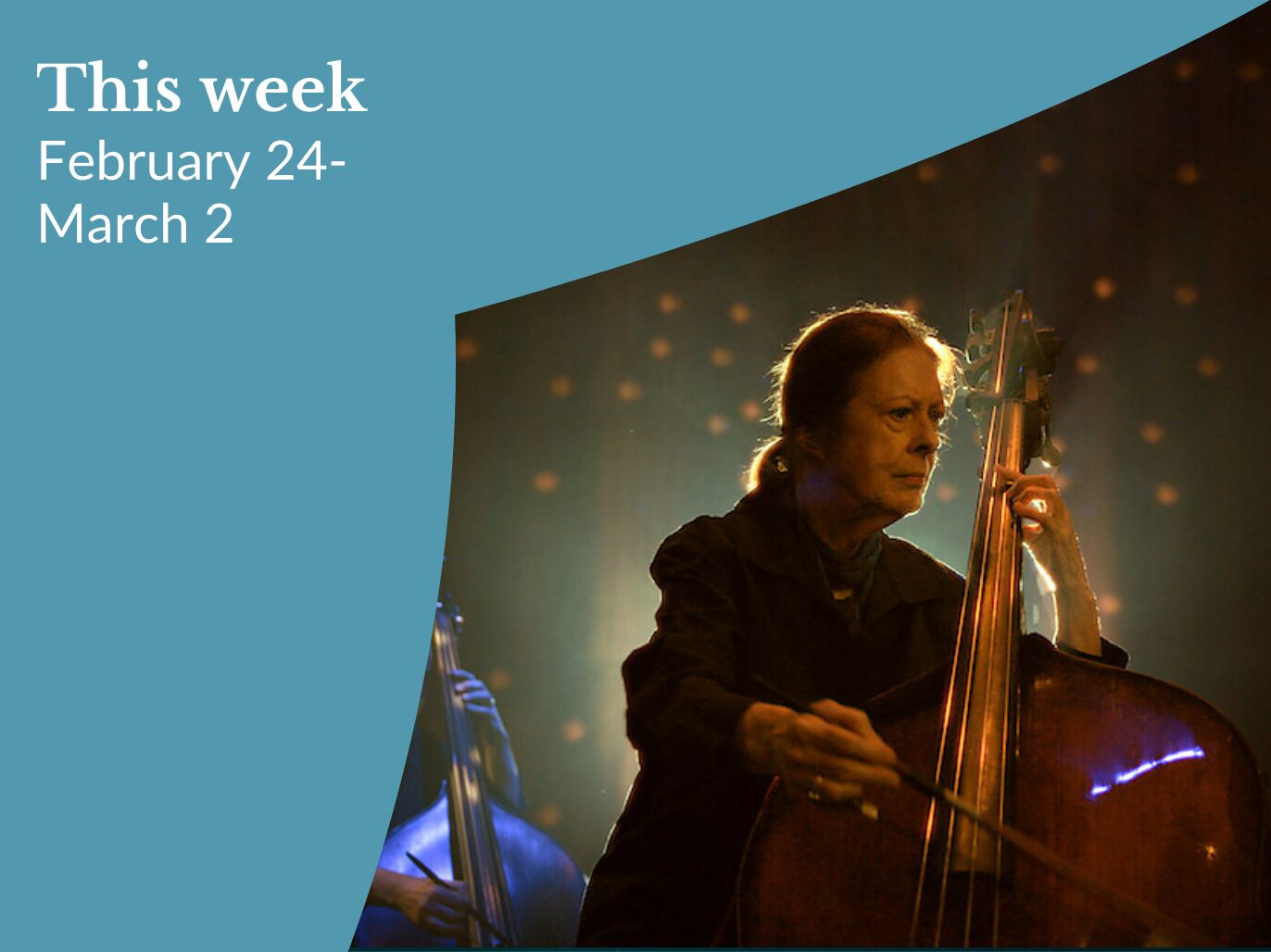As medici.tv’s Chief Content Officer I spend a lot of time thinking about classical music—and a lot of time on the internet. Here’s my selection of the top five news items you need to see this week if you want to stay in the know.
View author's page
Reading time estimated : 5 min
Double basses finally allowed onboard French trains—but only one at a time (Radio Classique)
Musicians in France are celebrating a win this week as the SNCF, the state-run railway system, announced that double basses are now allowed on trains—but only one at a time. The instruments had been previously considered oversized luggage and could trigger a 130€ fine for their owner. The change comes after considerable lobbying by local musicians’ unions, as well as a conclusive 6-month test run in the second half of 2024. Double bassists will need to work around a set of strict rules regarding instrument size and case material. They will also need to travel solo: “for safety reasons” only one double bass is allowed per train.
Barber of Seville production at the Vienna Staatsoper derailed by stinky smell: “like old gorgonzola” (CTV News)
Audiences at the Vienna Staatsoper complained of an unpleasant odor “like old gorgonzola” so strong that several opera-goers left in the middle of a performance of Rossini’s The Barber of Seville. A spokeswoman for the Staatsoper explained that the smell was caused by the set: initially created in 2021, the design features large, transparent plastic tarps that hang like curtains from the ceiling, and which had unfortunately undergone “material changes” while in storage. Future audience members need not worry: while the tech team works to replace the material, the opera has pulled out an older set design to stand in.
Interview with Orin O’Brian, subject of the Oscar-nominated documentary “The Only Girl in the Orchestra” (Classic FM)
Oscar season is in full swing and one of this year’s nominees shines the spotlight on a little-known classical music trailblazer: Orin O’OBrien, the first woman to play full-time with the New York Philharmonic. In this fascinating interview with Classic FM, the 87-year-old double bassist recalls some of icons of classical music she worked with throughout her half-decade tenure with one of the world’s leading orchestras, including Leonard Bernstein, who, as the ensemble’s Music Director at the time, greenlit her hiring. “The Only Girl in the Orchestra” was directed by O’Brien’s niece and produced by Netflix—we’ll find out next week if it will get upgraded from “Oscar-nominated” to “Academy award-winning.”
San Francisco symphony appoints first Black principal player in over 50 years (San Francisco Chronicle)
The San Francisco Symphony announced a significant hire this week: when Joshua Elmore joins the ensemble as principal bassoon in a few weeks, he will be the first Black principal player in over half a century and the only Black player currently on the roster. A graduate of the prestigious Juilliard and Colburn schools, Elmore will be one of just a few principal players in a major US orchestra. Speaking to the San Francisco Chronicle, he underscored the importance of representation: “Young people need to feel that they belong. I had few people to look up to growing up who looked like me. I’m looking forward to being that beacon of light for younger players.”
The complicated reception history of one of the Great American Operas: Barber’s Vanessa (The New York Times)
A new production of Samuel Barber’s Vanessa hit the stage in New York this week. Composed in 1958, the opera was a hit and earned Barber a Pulitzer Prize for music, but instead of becoming a mainstay of the repertoire like many expected, it became a rarity. New York Times critic Joshua Barone took a deep dive into the reception history of this mid-century masterpiece, seeking to answer the question: “If one of the finest, most enduring American works of the mid-20th century can’t make it to the grandest stage in the country, what hope is there for others from its time?”
Vanessa is a psychological thriller worthy of Hitchcock and full of rich melodies and lush harmonies—it’s also one of my favorite operas! This 2018 Glynebourne production leans into the unsettling drama…

